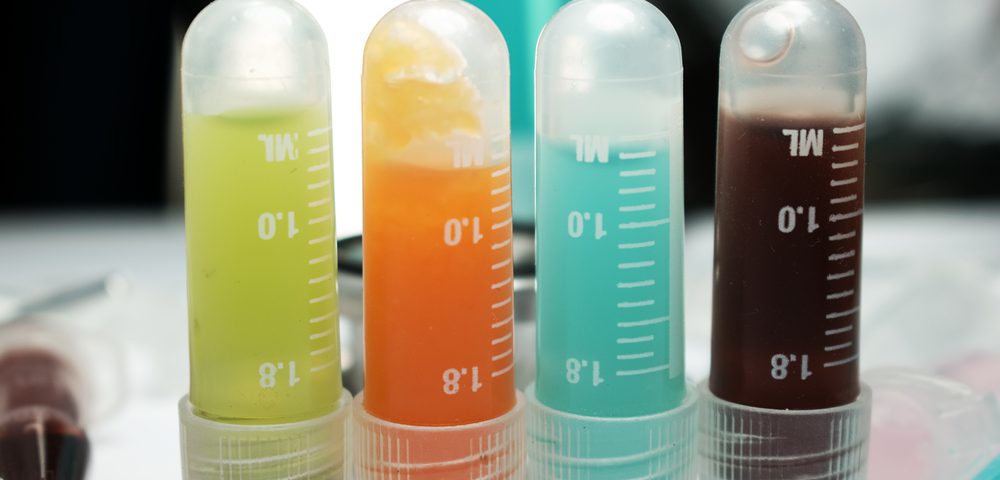Combining two immunotherapies that block distinct immune checkpoints may be a promising approach for patients with advanced melanoma. According to data from a Phase 1/2 study, the Keytruda (pembrolizumab) plus Yervoy (ipilimumab) combination showed both potent anti-tumor activity and acceptable toxicity.
The results were presented at the American Society of Clinical Oncology (ASCO) 2016 Annual Meeting, held in Chicago.
Despite data from a Phase 3 trial (KEYNOTE-006; NCT01866319) showing that Keytruda offers superior overall survival rates in advanced melanoma patients compared to Yervoy, another Phase 3 study (CheckMate-067; NCT01844505) showed that combining Yervoy and Opdivo (nivolumab) induced better progression-free survival and overall response rates than any of the checkpoint inhibitors alone.
However, toxicity also markedly increased when the immunotherapy combinations were used.
To assess whether the combination of Keytruda with a reduced-dose of Yervoy could improve treatment-related toxicity and still induce robust responses, researchers conducted the randomized, open-label Phase 1/2 KEYNOTE-029 clinical trial (NCT02089685). Preliminary data showed that the combination therapy was safe and induced a strong anti-tumor response.
Now, Georgina Long, BSc, PhD, MBBS, FRACP, chief of melanoma medical oncology and translational research at University of Sydney and clinical researcher at Melanoma Institute Australia, presented data from the expansion cohort of the study.
This cohort included 153 patients with advanced melanoma and no brain metastasis, who had not received any prior immunotherapy. Patients received four doses of Keytruda (2 mg/kg) and Yervoy (1 mg/kg) every three weeks, followed by Keytruda monotherapy for up to 24 months, or until disease progression or unacceptable toxicity.
The study’s primary endpoint was the safety of the combination, and secondary endpoints included overall response rate, overall survival, progression-free survival, and duration of response.
After a median follow-up of 10 months, only 72 percent of patients received all four doses of Yervoy, and 56 percent were still on Keytruda at the time of data collection. The remaining 44 percent (67 patients) had discontinued treatment: 31 patients due to adverse events, 29 due to disease progression, 3 due to complete response, 2 who died during the study, and 1 who changed therapy.
Nearly all enrolled patients experienced an adverse event (95%), with fatigue, itch, rash, diarrhea, and vitiligo being the most commonly reported. In addition, more than half experienced an immune-related adverse event (58%), which included hypothyroidism, hyperthyroidism, hypophysitis, pneumonitis, colitis, and hepatitis.
The combination therapy, however, showed promising outcomes in the cohort. Indeed, 57 percent of patients responded to the therapy, with 10 percent reaching a complete response and 47 percent a partial response to treatment. Stable disease was observed in 22 percent of patients, totaling a 78 percent disease control rate. Only 20 percent of the patients included in the cohort had disease progression.
Among the 87 patients who responded to the therapy, only two did not maintain their responses at the time of data collection. Duration of response ranged from six weeks to more than 43 weeks.
Median progression-free survival and overall survival had not been reached when the analysis was conducted.


